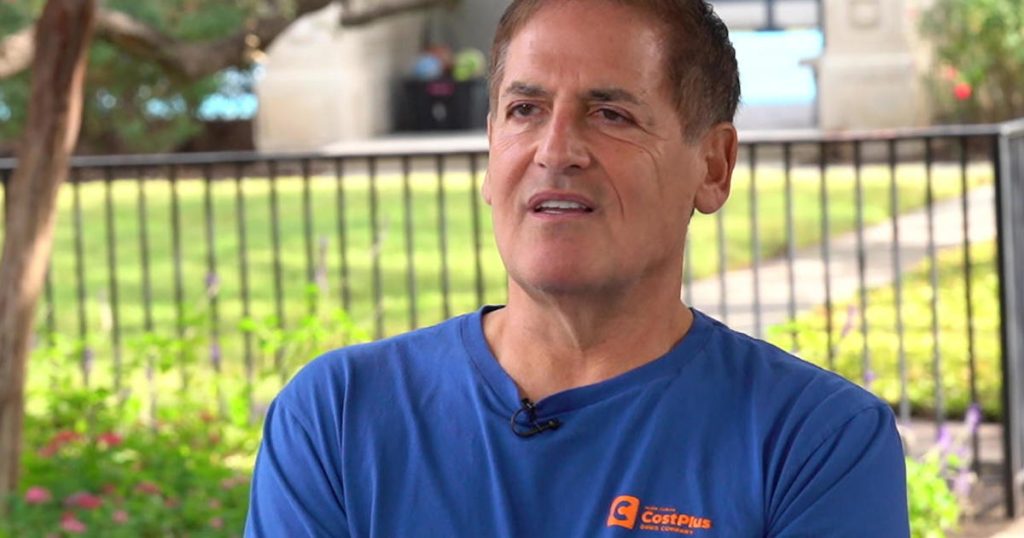The ongoing debate surrounding diversity, equity, and inclusion (DEI) programs in organizations has recently intensified, with some of the nation’s largest employers deciding to pull the plug on these initiatives. Mark Cuban, a prominent entrepreneur and investor, has come out in defense of DEI programs, stating that his experience has shown that companies that embrace DEI tend to be more successful. However, Cuban has faced criticism from opponents of DEI, including Canadian psychologist Jordan Peterson and conservative activist Christopher Rufo, who have accused him of being out of touch with historically marginalized communities.
The pushback against DEI programs comes at a time when many companies initially pledged to strengthen their efforts after the murder of George Floyd by a Minneapolis police officer. While companies made commitments to increase diversity in their staff, recent developments show a step back, with layoffs of DEI officers and reduced training for minority hires. In addition to corporations, university systems in Florida, Texas, and Wisconsin are also scaling back on-campus DEI efforts. A survey of global organizational leaders by consulting firm Arrival revealed that DEI initiatives are no longer a top priority for many companies.
The opposing views on DEI programs revolve around the belief that these initiatives either promote equality and representation for marginalized groups or constitute reverse racism by prioritizing people of color for hiring and promotions. Urban League CEO Marc Morial emphasizes the importance of equal opportunities in the 21st century, stating that retreating from the idea of providing paths to opportunity for all would be detrimental to a strong nation. Research on the business benefits of DEI remains mixed, with studies suggesting that it can improve a company’s brand image, competitiveness, and innovation, while others question its impact on financial performance.
The criticism faced by proponents of DEI programs, particularly from conservative opponents, underscores the challenges in implementing and maintaining these initiatives in organizations. While DEI efforts have been a longstanding practice for many corporations and institutions, recent trends show a shift away from these programs. The debate surrounding the efficacy and fairness of DEI policies is likely to continue as organizations grapple with the complex issues of diversity, equity, and inclusion in the workplace.
Despite the backlash against DEI programs, there are ongoing efforts by advocates to promote equality and representation in organizations. The commitment to creating a more diverse and inclusive workplace remains a priority for many, despite the challenges and setbacks faced in recent times. As the debate on DEI programs evolves, it is essential for organizations to consider the potential benefits and drawbacks of these initiatives in order to make informed decisions that align with their values and goals. The future of diversity, equity, and inclusion in the workplace will continue to be a topic of discussion and debate as organizations navigate the changing landscape of business and society.














